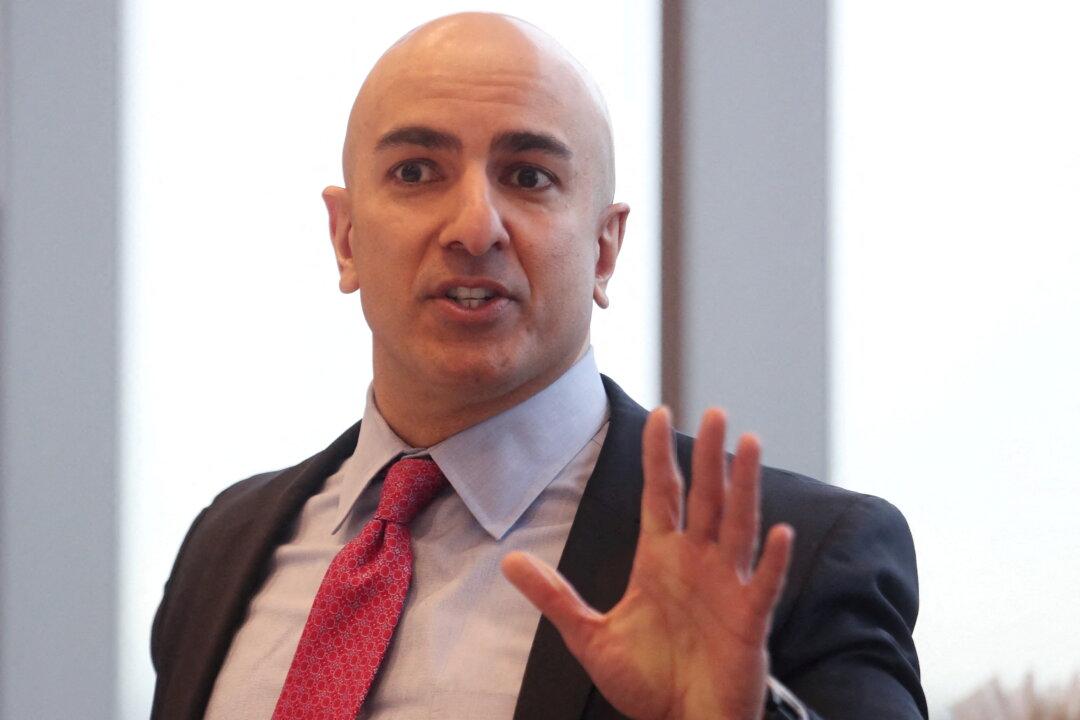Neel Kashkari, president of the Federal Reserve Bank of Minneapolis, has said it is too early to declare that there are no risks to the banking sector following the collapse of Silicon Valley Bank (SVB) and regional lender Signature Bank last month, but that there are “hopeful” signs the turmoil may be over.
“I’m not ready to declare all clear, but there are hopeful signs that these risks are now better understood and calm is being restored,” Kashkari said on April 11 during a town hall event at Montana State University in Bozeman.




